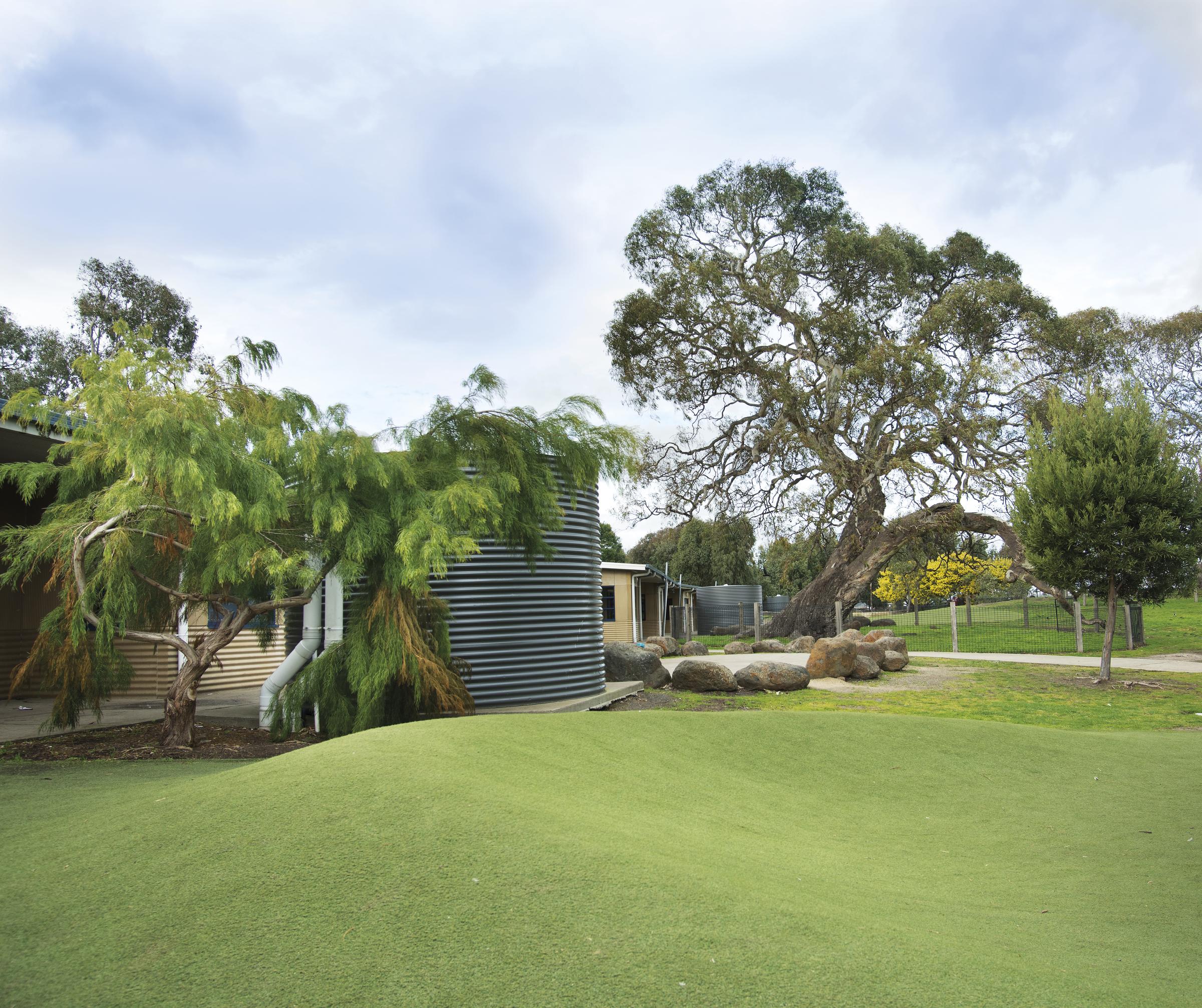Assessment @ The Lakes

ASSESSMENT AND IMPROVING STUDENT LEARNING
Assessment is used to provide an ongoing, ‘real time’ picture of each individual student and cohort. The tracking and monitoring of student outcomes is vital to informing purposeful teaching and allowing for student progress and scaffolded learning. Teaching staff at The Lakes South Morang College collect ongoing data in a variety of forms; these include pre and post-tests, rubrics, student performance and presentation. Mid and end of year Victorian Curriculum data is tracked and student groupings, topics and tasks are often realigned based on this information. School-wide timetables and meeting schedules that ensure teachers meet fortnightly within PLT’s and through regular campus and/or whole school professional development to analyse and interpret a range of data successfully and consider adjustment to teaching plans. This is undertaken with the goals and outcomes for student learning contained within the strategic plan and AIP as the overarching purpose. All individual student learning requirements are tracked using a range of tools applicable to their identified learning needs including funded, Indigenous and identified ‘at risk’ or ‘extension students’ in a range of areas. All teaching staff are required to regularly monitor student learning outcomes using a range of formative, summative and benchmark tools. This data forms the basis of student feedback and goal setting, formal Victorian Curriculum Reporting to parents and school wide data analysis.
Students are able to set goals and reflect on their outcomes and at times, renegotiate their own learning goals and targets to achieve success. The use of Essential Assessment, On Demand testing, pre and post testing, English and Maths online interviews and PAT Literacy Testing gives staff an instant and clear picture of student progress and achievement supporting ‘the next step’.
The Attitude to School Survey provides data on student engagement and gives staff a clear picture of their cohort and the NAPLAN results provides an overall snapshot of student learning as compared to National standards. The data collected about the achievements of past students highlights that the foundational learning that happens at The Lakes places students in good stead to be successful in senior secondary and tertiary education, or within the workforce.
REPORTING ACHIEVEMENT
Feedback to students is ongoing. It is the focal point for continuous learning. By involving students in discussion centred around rubrics, video analysis, test results negotiation of learning tasks future goal setting are maximised.
The Lakes South Morang College provides continuous feedback to families in a variety of forms. Each semester parents will be provided with a written summary report that includes teacher judgements against the Victorian Curriculum Standards in the learning areas and capabilities that have been part of the teaching and learning program for that semester. Teachers will also provide information about the student’s engagement and wellbeing so parents are fully informed in relation to the learning and development of the whole child. Meet and Greet sessions are held at the beginning of each year and student progress reports together with interviews are provided at the end of Term 1, 2 and 3. End of semester written reports are provided at the end of Terms 2 and 4. Individual SSG meetings, best interest/care team meetings, KELPS, ILP’s, ABLES reports are scheduled to meet individual needs.
Celebration of Learning Events are held across The College to allow for students to highlight their learning and progress in the form of: an Art Expo, Song and Dance Nights, Inquiry, Humanities and Science Exhibitions, a Whole School Production and the term school publication. Student and cohort information is constantly uploaded on the website and Sentral and is highlighted in the weekly newsletter. Individual student success is also celebrated as part of the weekly assemblies on the primary campus or the end of term assemblies on the secondary campus. An annual awards ceremony celebrating excellence across the Multiple Intelligences is held in December each year. Academic excellence will be a focus for all levels.
TEACHING AND LEARNING EVALUATION AND REVIEW
Curriculum program review occurs on a semester basis in line with the 6 month and 12 month AIP progress reports. Feedback on programs is provided by all staff to the Learning Area Leaders, Learning Specialists and Leading Teachers which is then reviewed at an executive level. Changes to programs and information updates are fed through to Education Sub Committee and School Council where relevant.
Student agency is sought at multiple levels. Firstly, there is an emphasis on recognition of prior learning. This can take the form of a number of experiential formats including work experience and traditional learning forms. At our school, learning is often differentiated at a number of levels including ability or interest. Ability is determined through formative assessment and supported by the level of student drive and work habits. Secondly, student learning styles are examined to ascertain the most conducive learning approaches in relation to skill and cognitive development. Thirdly, reference is made to both individual student academic data and pathway plans to facilitate a program that will enhance the learning experience. Finally, students work with their teacher to develop “real” goals and targets and are provided with demonstrative sample outcomes. To this end, students can clearly articulate their learning intention and success criteria as determined by the assessment rubric for the study at any given time of their learning cycle.
The whole review of teaching practice is underpinned by authentic teacher-student partnerships and a culture of collaborative practice. In this way, students directly participate in the design and implementation of school programs and the teaching practices reflect the learning styles of students at our school.
